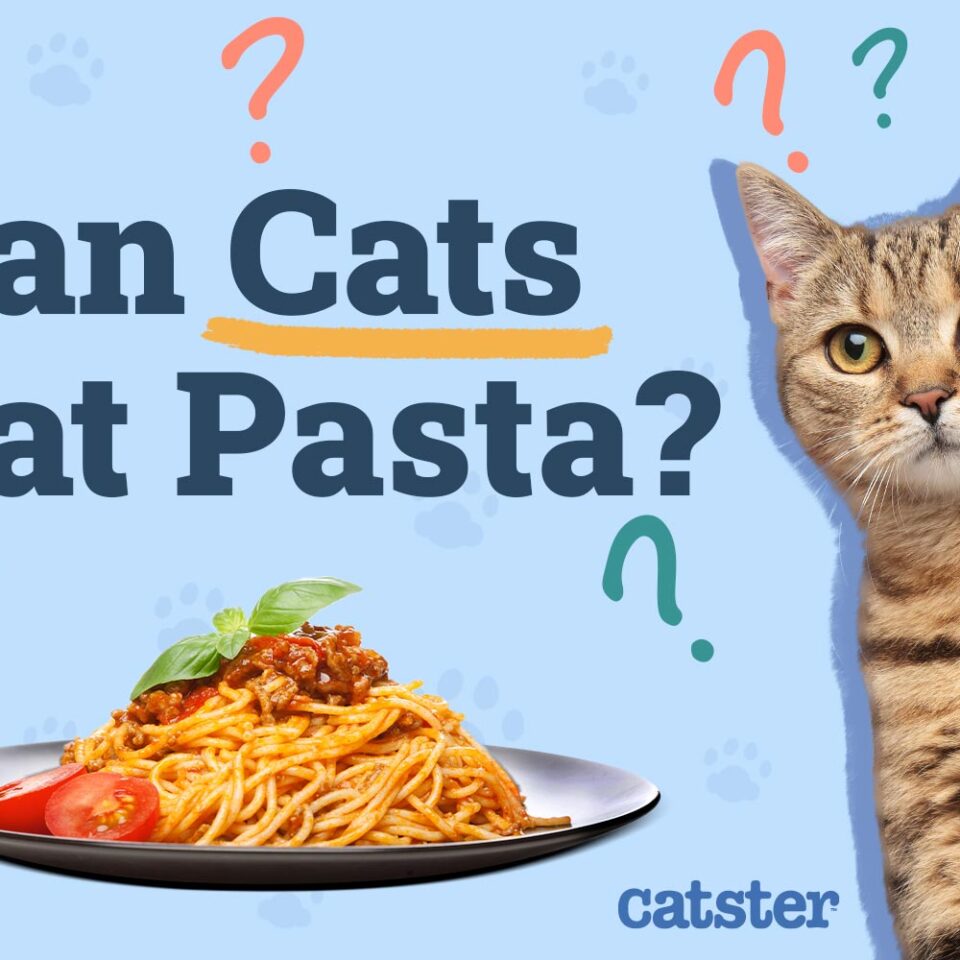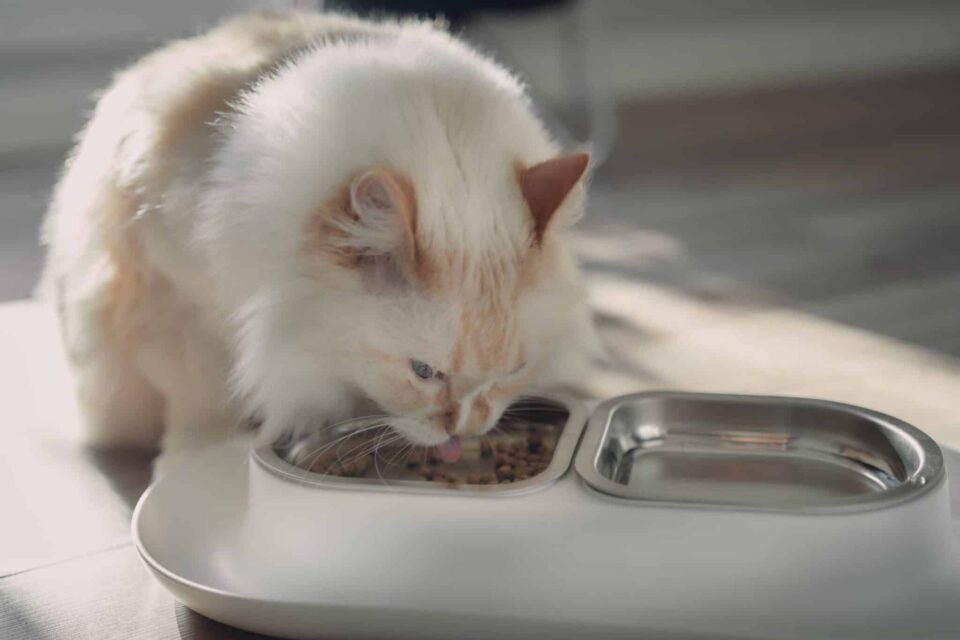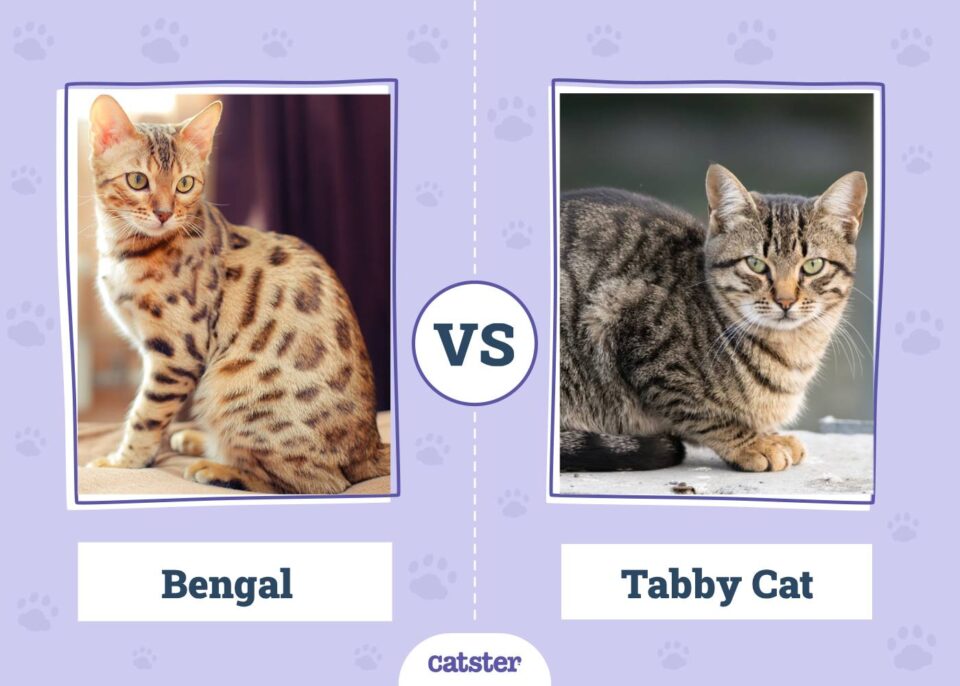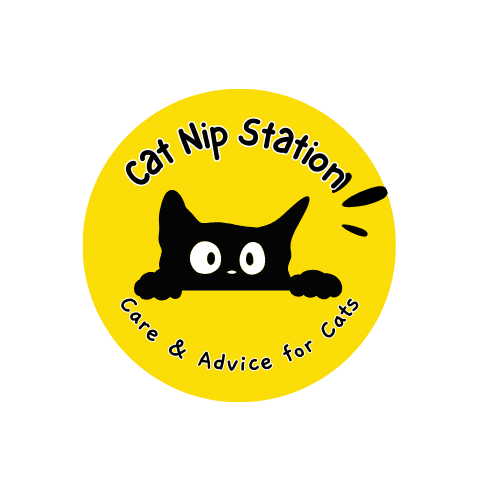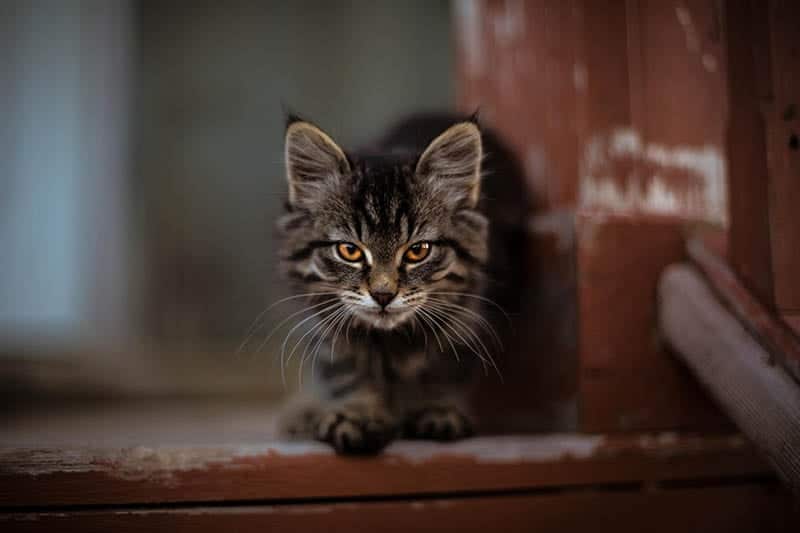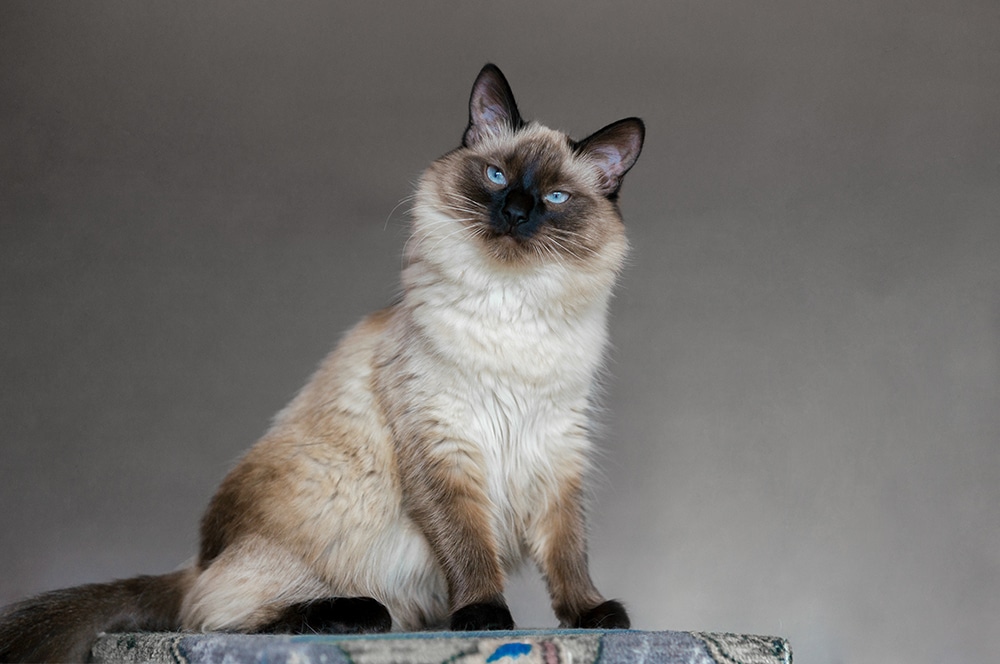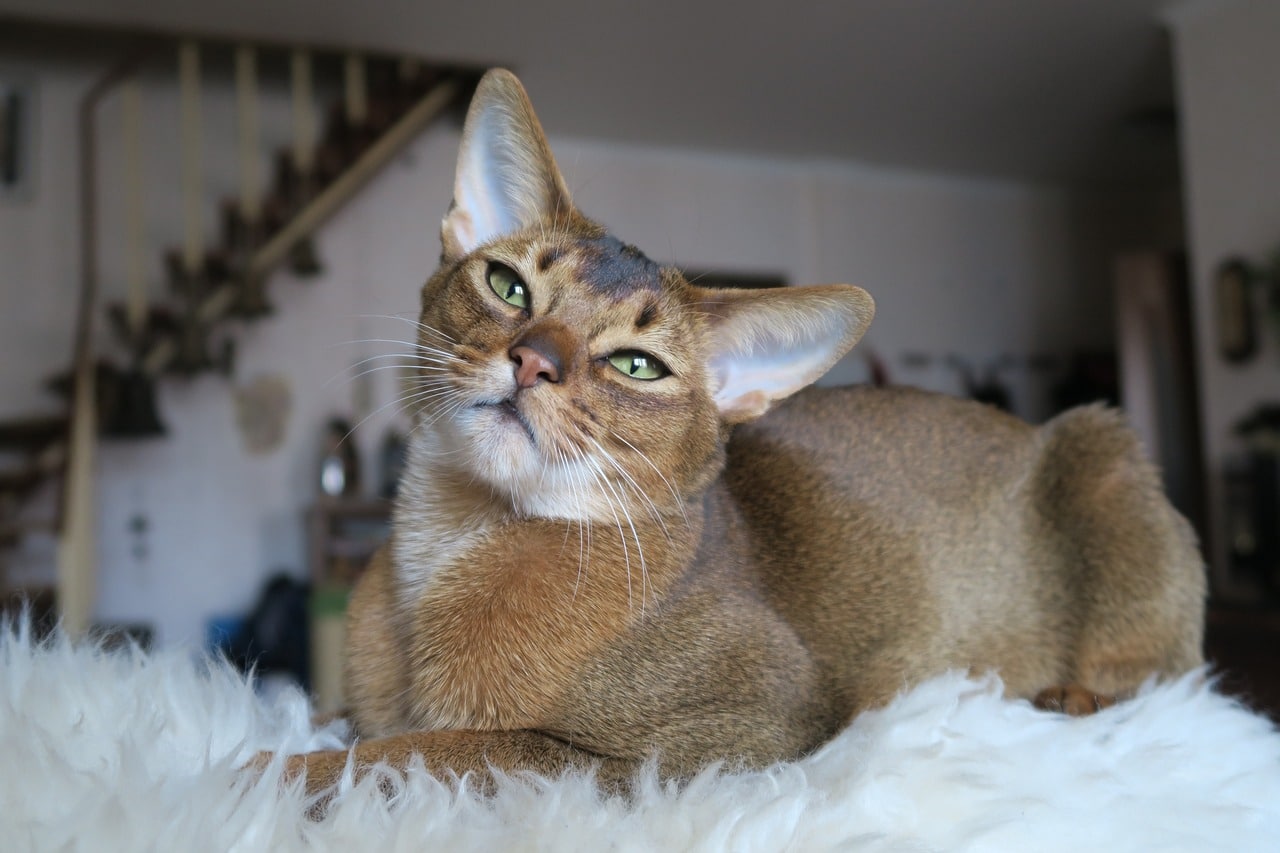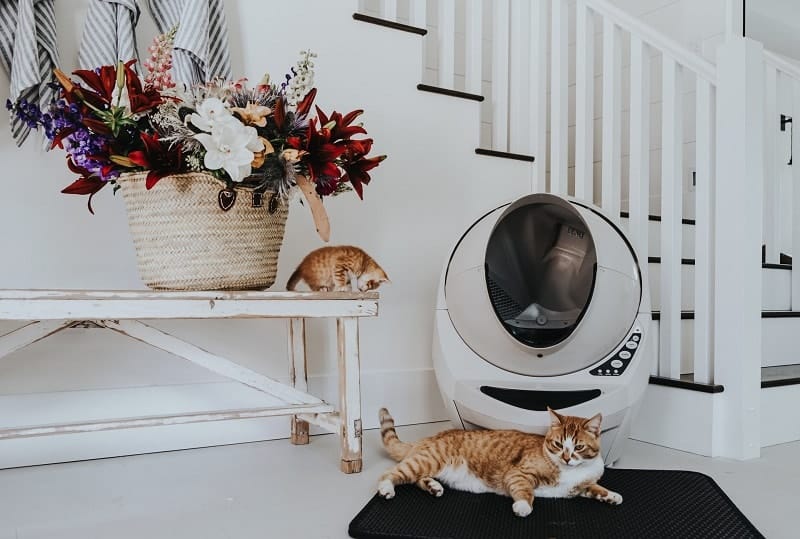Ever looked at your plate of pasta and wondered if your cat could join in? You’re not alone. Although pasta isn’t toxic, it’s not really suited for our feline friends.
- Cats are obligate carnivores, meaning their diet should focus on meats, even though some may like cooked pasta as a snack.
- Uncooked pasta is a hard no for cats, as it can cause digestive issues.
- Canned or seasoned pasta can be risky due to high sodium levels, which aren’t good for cats.
- Overfeeding pasta can lead to weight gain, so it’s best kept as an occasional treat.
So, you’re sitting down to a nice pasta dinner, and your cat gives you those big, questioning eyes. Surely, a noodle or two wouldn’t hurt, right? Well, let’s talk turkey—or rather, pasta. Cats are obligate carnivores, which means their bodies are tuned to thrive on meat-based diets. While commercial cat foods might throw in some grains and veggies, pasta isn’t really part of a wild cat’s meal plan. Still, cats are quirky, and some might fancy a taste. If that’s the case, they can nibble on some cooked pasta, as long as it’s plain. No salt, no seasonings, and definitely no sauces!
Now, if you’re rolling out some dough for homemade pasta, keep it out of paws’ reach. Raw pasta is a definite no-go for feline tummies and might cause a bit of a stomach upset. Sure, just as humans shouldn’t munch on raw noodles, neither should cats. Abdominal pain, vomiting, or diarrhea could follow if they sneak some.
And those canned noodles or instant ramen cups you’ve got? They’re loaded with sodium, which is far from fine for cats. High salt levels can lead to salt poisoning, causing vomiting, diarrhea, and lethargy. If your cat devours a hearty bowl, you might want to give the vet a call.
Let’s talk kitty waistlines for a moment. Pasta is chock-full of carbs and starch, which can pack on the pounds when fed in excess. Cats aren’t built to burn off those carbs efficiently. So if pasta becomes a habit, don’t be surprised if your cat’s weight starts creeping up. Moderation is key here, friends!
Feeding pasta to cats isn’t entirely off the table, but there are some must-follow rules. Keep it plain, cooked, and given sparingly as a treat, not a meal replacement. If the pasta is seasoned or comes in saucy dishes containing ingredients like onion or garlic, steer clear altogether. These can be toxic to our furry pals. If there’s an unfortunate pasta incident, track how much they ate and call animal poison control or a vet for further advice.
While pasta can be a rare treat for cats, it lacks any real nutritional benefit, and caution is advised to keep it plain, minimal, and safe.
